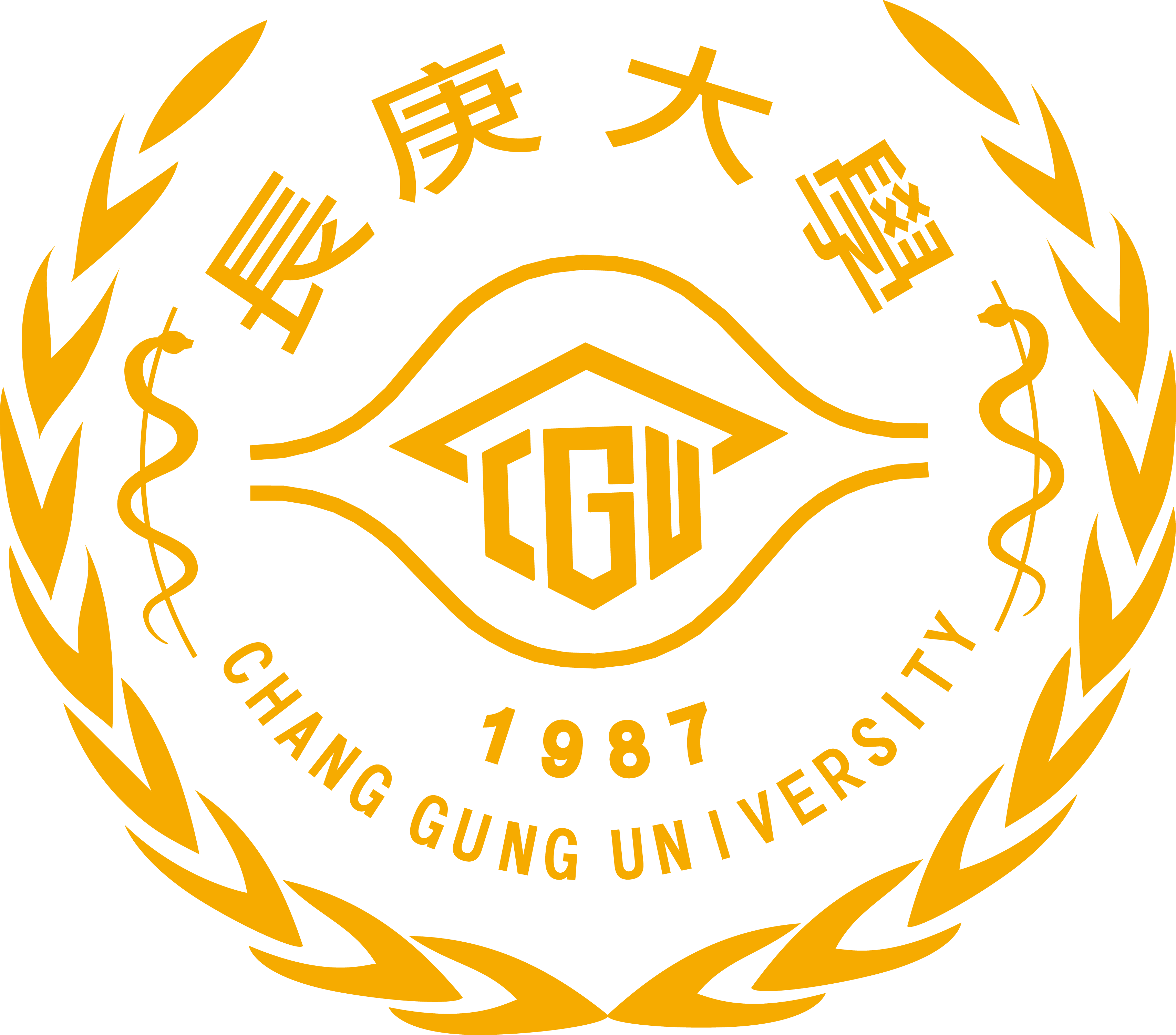Plastic biodegradation
Research Field
Dr. Yang graduated with a Bachelor's degree in Zoology from National Taiwan University before completing her Ph.D. training at Yale University in the field of immunology. She then went on to study differentiation and development of germ cells using fruit flies as a primary model, and continued this line of research when she started her lab at Chang Gung University.
In the last 3 years, Dr. Yang has started to steer the focus of her lab towards developing biotechnological tools to help solve environmental issues. Currently, her lab is designing new biotechnological methods to degrade the most commonly used bioplastic, polylactic acid (PLA).
Our lab works on the impactful topic of using biological solutions for environmental problems with the current topic being plastic biodegradation. Our current group is diverse with members from Malaysia, India, and Belarus, and we encourage communication and team work while valuing individual growth and contributions.
We welcome students at all levels and from all parts of the world to apply. Those with a background and experience in related fields and are enthusiastic about biotechnology and environmental causes would be particularly suitable. Applicants should plan to be in the lab for a minimum of three months but are strongly encouraged to be here for six months for a full experience. Start dates are flexible.
Our work is aimed at using biotechnology to promote the economic circularity of plastics so as to increase their sustainability and contribute to a solution for plastic waste which has become one of the more severe environmental problems of our day.
In recent years, there has been greater interest in using bio-sourced plastics as they come from renewable material as opposed to petroleum which is non-renewable. The most commonly used bioplastic, PLA (polylactic acid), further boasts the ability of being biodegradable. However, PLA biodegradation only occurs in industrial-scale composts in which temperatures reach 60°C or higher, and even then complete degradation may not occur until 3-6 months of composting. The stringent composting requirements mean that at the moment virtually no PLA waste is being composted or biodegraded.
Our lab has been developing better tools for the biodegradation of PLA and has recently made significant progress. Therefore, we are looking to accelerate our work so that our new technology can be tested and applied in a real-life setting in the very near future. We have identified several microbial strains that are able to enhance biodegradation of PLA both in the lab setting as well as in composts without a need for elevated reaction temperatures. The next step is to further optimize these microbes to maximize their reactivity towards PLA. Therefore, we are looking for students who share our passion in bringing about progress in environmental science using biology to join our efforts.
This project is highly interdisciplinary as it involves chemists, soil scientists, and industrial partners. We have collaborating chemists that help us synthesize substrates for testing PLA activity as well as analyze the degradation process. We are working with a Dutch soil lab to test whether the product of biodegradation is indeed free of toxins and microplastics. Most importantly, we are partnered with PLA manufacturers and providers so that we can design an economic chain together that would be both impactful and feasible. This association would also enable the new tools we develop to have an accelerated timeline to be tested in real-life settings.
2017 Outstanding Teacher’s Award in Counseling, Chang Gung University
2015 Outstanding Teaching Award in the College of Medicine, Chang Gung University
2013-2016 Outstanding New Recruit Award, Ministry of Science and Technology (Taiwan)
2006-2011 Postdoctoral Fellow, The Johns Hopkins University, Baltimore, USA, Department of Biology
2000-2006 Yale University, New Haven, USA, Immunobiology Ph.D. Program
1996-2000 National Taiwan University, Taipei, Taiwan, B.S., Zoology
